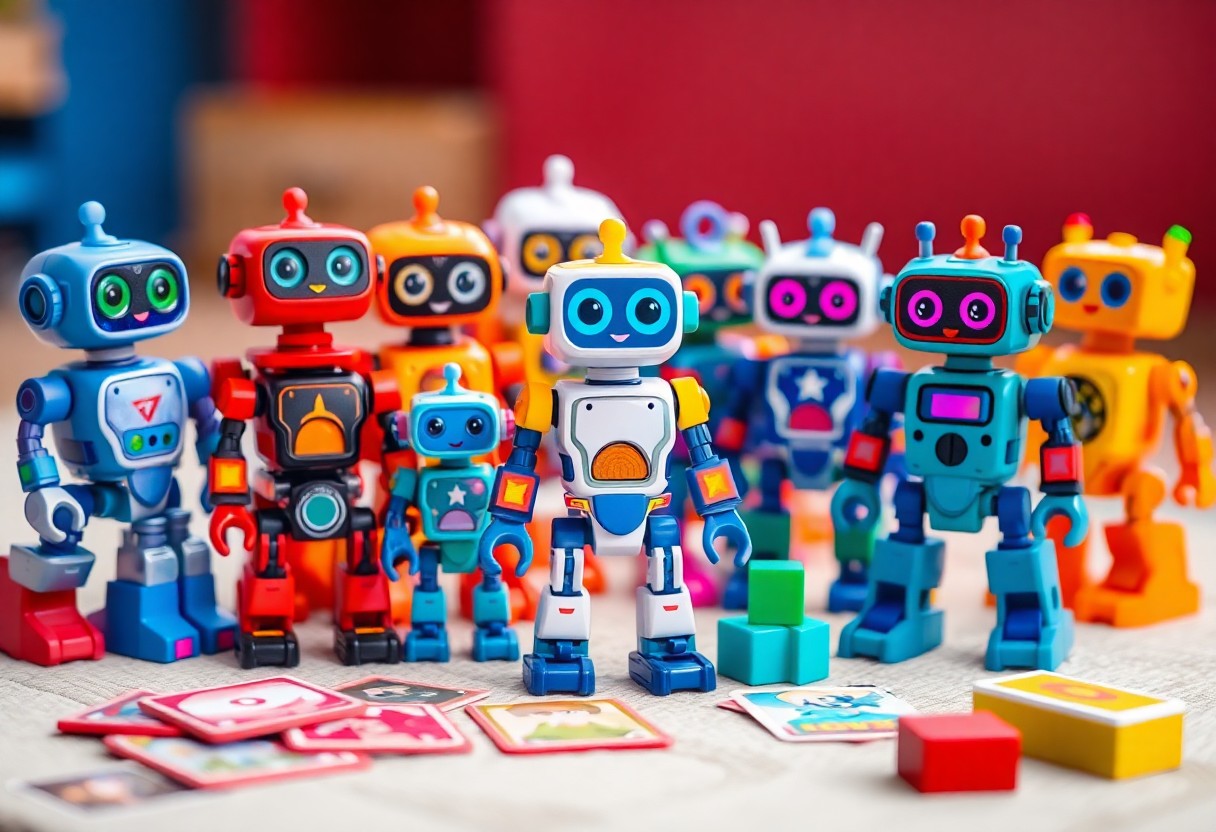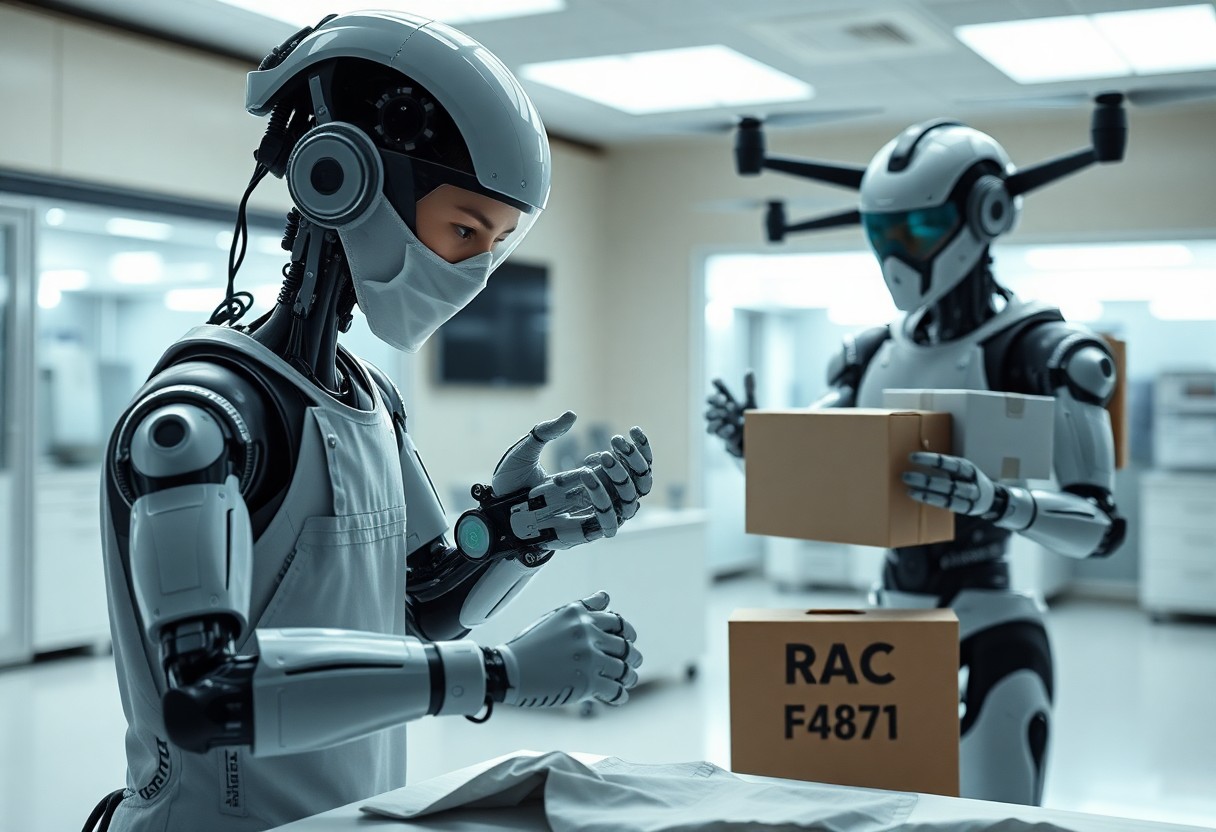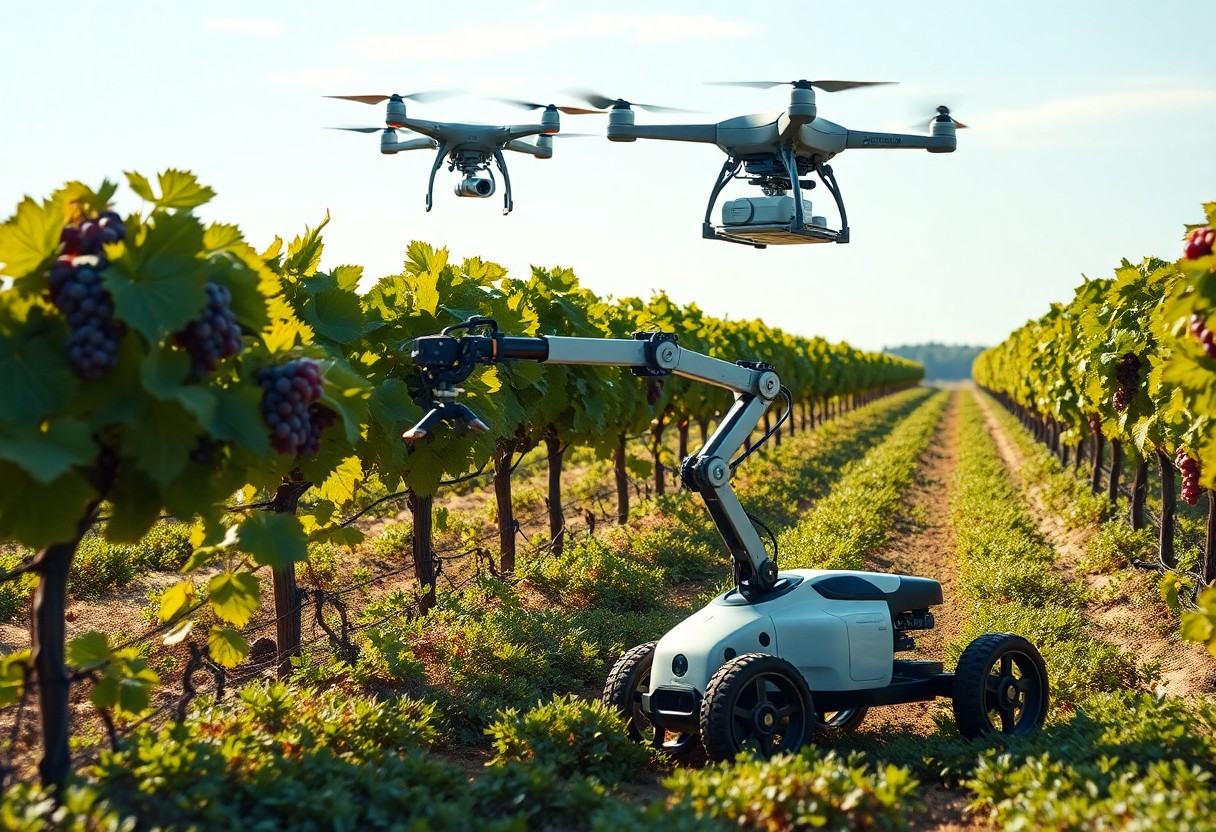Just as autonomous robotics continue to advance and permeate various aspects of daily life, you may find yourself grappling with the ethical dilemmas they bring. From decisions about responsibility in the event of an accident to the implications of machine decision-making in sensitive environments, these quandaries are abundant. As society leans more on autonomous systems, it’s vital for you to understand the complexities and moral implications that accompany their integration. This blog post will explore the significant ethical issues you may encounter as these technologies evolve and proliferate.
The Nature of Autonomous Robotics
While you may think of robots as simply machines, autonomous robotics represents a complex interplay of technology and decision-making. These systems operate independently, utilizing advanced algorithms and sensors to navigate their environments and carry out tasks without constant human intervention. This technological evolution raises important questions about responsibility, control, and ethical considerations that society must address.
Definition and Functionality
An autonomous robot is designed to perform tasks with minimal human oversight, relying on artificial intelligence and machine learning to make decisions based on real-time data. These machines can interpret their surroundings, adapt to changes, and execute commands, offering a range of functionalities that enhances efficiency in multiple sectors.
Current Applications
On a practical level, autonomous robotics is transforming industries, from manufacturing and logistics to healthcare and agriculture. You may encounter drones delivering packages, robots performing surgeries, or automated vehicles navigating city streets.
And as these systems become more integrated into daily operations, their applications extend even further. In farming, for example, autonomous tractors and drones assess crop health and optimize planting schedules, while in healthcare, surgical robots assist surgeons in performing delicate procedures with precision. The logistics sector benefits from self-driving delivery vehicles, enhancing efficiency and reducing human labor in high-risk environments. Your life is increasingly intersecting with these advancements, showcasing the potential for radical change across a multitude of fields.
Ethical Challenges in Decision-Making
Clearly, the deployment of autonomous robotics introduces complex ethical challenges related to decision-making. These machines often operate in scenarios where they must weigh competing moral considerations, such as preserving human life versus minimizing harm to others. The algorithms driving their actions pose dilemmas you may find unsettling, raising questions about how these decisions align with human values and ethical norms.
Algorithmic Bias and Fairness
Around the world, instances of algorithmic bias can lead to unfair treatment of individuals and groups by autonomous systems. If the data used to train these technologies reflects existing societal biases, you might encounter outcomes that reinforce inequality and discrimination. This highlights the necessity for fairness in the design and implementation of robotics systems to ensure equitable treatment for all.
Accountability and Liability
Bias in accountability raises significant issues about who is responsible when autonomous systems fail or cause harm. You may wonder whether the developers, manufacturers, or users are liable in such situations. As robots become more autonomous, assigning accountability becomes increasingly complex, blurring the lines of responsibility in real-world applications.
Further complicating matters, liability frameworks need to adapt to the evolving capabilities of these technologies. If an autonomous robot causes an accident or acts against human interest, determining who is at fault—whether it’s the engineer, the company, or the user—requires careful consideration. You might also question the adequacy of existing legal systems in addressing these challenges, as well as how they can be transformed to safeguard your interests and those of society at large.
Privacy Concerns
Any discussion around autonomous robotics inevitably raises privacy concerns. As these technologies become more integrated into daily life, safeguarding personal information is crucial. The data collected by autonomous robots can reveal sensitive insights about individuals, leading to ethical dilemmas regarding the extent of surveillance that is acceptable in a society that values privacy and personal freedom.
Surveillance and Data Collection
At the heart of privacy concerns is the issue of surveillance and data collection. Autonomous robots, especially those used in public spaces, have the capability to continuously gather data about individuals’ actions and behaviors. This persistent monitoring poses significant risks to your privacy, as the stored data may be misused or fall into the wrong hands, raising alarms about who controls this information and how it is utilized.
Informed Consent
Data gathered by autonomous systems brings forth the need for informed consent. In many cases, you may not be fully aware of the data being collected and how it will be used. This lack of transparency can lead to feelings of vulnerability, as your personal information may be unwittingly exploited or shared without your agreement.
Further examination of informed consent highlights the ethical dilemma of ensuring that individuals understand the implications of data collection by autonomous robots. In a rapidly evolving tech landscape, it becomes vital for you to be informed about what data is being collected, how it is analyzed, and who has access to it. The challenge lies in simplifying complex privacy policies, making them more comprehensible, and ensuring that you can make informed choices about your data without coercion or confusion.
Impact on Employment
All industries face transformative changes as autonomous robotics become more prevalent. You may wonder how these advancements impact job markets and the nature of work. The integration of robots and automation into various sectors raises important questions about employment stability and the skills necessary to adapt to this new reality.
Job Displacement and Economic Shift
Across the workforce, there is a significant concern regarding job displacement as robots take over tasks traditionally performed by humans. This shift can lead to economic challenges as certain roles vanish, making it imperative for you to understand how this transformation may affect your career and the industries you are part of.
Reskilling and New Opportunities
Against the backdrop of automation, new opportunities arise, emphasizing the need for reskilling. As certain job functions diminish, others are created, necessitating a workforce equipped with fresh skills. Your willingness to adapt and learn can open doors to these emerging roles, reshaping your career path in meaningful ways.
Even though the landscape may seem daunting, the demand for skilled workers in technology and robotics grows rapidly. By actively engaging in reskilling programs, you can enhance your prospects and contribute positively to this evolving workplace. Embracing continuous learning ensures that you remain relevant and can take advantage of the exciting new opportunities that come with advancements in autonomous technology.
Human-Robot Interaction
After the introduction of autonomous robots into various sectors, human-robot interaction has become a vital area of study. As you engage with these machines, you may experience new dynamics in communication and collaboration. These interactions can shape your perceptions and expectations of technology, prompting discussions around safety, efficiency, and emotional connection. It is crucial to understand how these relationships evolve to address ethical concerns related to reliance and behavior towards robots.
Trust and Dependence
With the growing presence of autonomous robots, trust and dependence become significant factors in human-robot relationships. You might find yourself relying on these machines for tasks ranging from mundane chores to complex decision-making. As your trust in their capabilities increases, it raises ethical considerations about accountability and the potential consequences of dependence on technology. Understanding the balance between trusting robots and maintaining your independent judgment is crucial for navigating these interactions responsibly.
Emotional and Psychological Impacts
The integration of autonomous robots in daily life can yield profound emotional and psychological impacts on you. As you interact with these robots, you may form attachments or experience feelings of companionship, altering your perceptions of social interactions. This phenomenon can lead to positive outcomes, such as reduced loneliness, but may also cultivate challenges, including dependency or altered social norms.
A deeper exploration into the emotional and psychological impacts reveals that relationships with robots may evoke varying feelings, from comfort to anxiety. You might find solace in the predictability and assistance of a robot, yet feel uneasy about the boundaries between human and machine. Furthermore, the emotional responses elicited by robots can blur the lines of genuine emotional connections, making it crucial to consider the implications of such interactions on your mental well-being and relationships with others. Being aware of these potential impacts will guide you in fostering a balanced perspective toward evolving technological companionships.
Regulatory and Legal Frameworks
For the integration of autonomous robotics into society, a robust regulatory and legal framework is necessary. This framework must address safety, liability, and ethical concerns associated with the deployment of these technologies. As you explore this topic, consider how existing laws may need to evolve to keep pace with advancements in robotics while ensuring public trust and accountability.
Current Legislation
Any assessment of the ethical implications of autonomous robotics must start with an understanding of current legislation. Existing laws often struggle to cover the nuances of robotics, particularly concerning liability in accidents or breaches of data privacy. You need to recognize that many regions are still working to define the responsibilities of developers and users, leaving you with a gap in legal clarity.
Future Considerations
For effective governance of autonomous robotics, you should contemplate how future regulations might address emerging technologies and the complexities they introduce. Stakeholders, including policymakers, must engage in proactive dialogue to craft laws that harmonize innovation with ethical principles. This forward-thinking approach will help ensure that your concerns about safety, accountability, and societal impact are thoroughly considered.
Another aspect to consider for future regulations is the potential for globalization. As autonomous robotics technology transcends borders, you may find that international agreements become necessary to establish consistent ethical standards and legal responsibilities. By promoting collaboration among nations, you can ensure a balanced approach that accommodates diverse cultural perspectives while fostering innovation. Engaging in these dialogues now will help shape a responsible and ethically sound framework for the technological advancements on the horizon.
Conclusion
So, as you explore the landscape of autonomous robotics, it’s imperative to recognize the ethical quandaries that arise. Your understanding of issues like accountability, decision-making, and privacy will guide you through complex scenarios where technology intersects with moral considerations. You should critically assess how these robots can impact society, the environment, and human relationships. By doing so, you position yourself to navigate the multifaceted implications of robotics ethically and responsibly, ensuring a balanced approach to innovation and human welfare.






